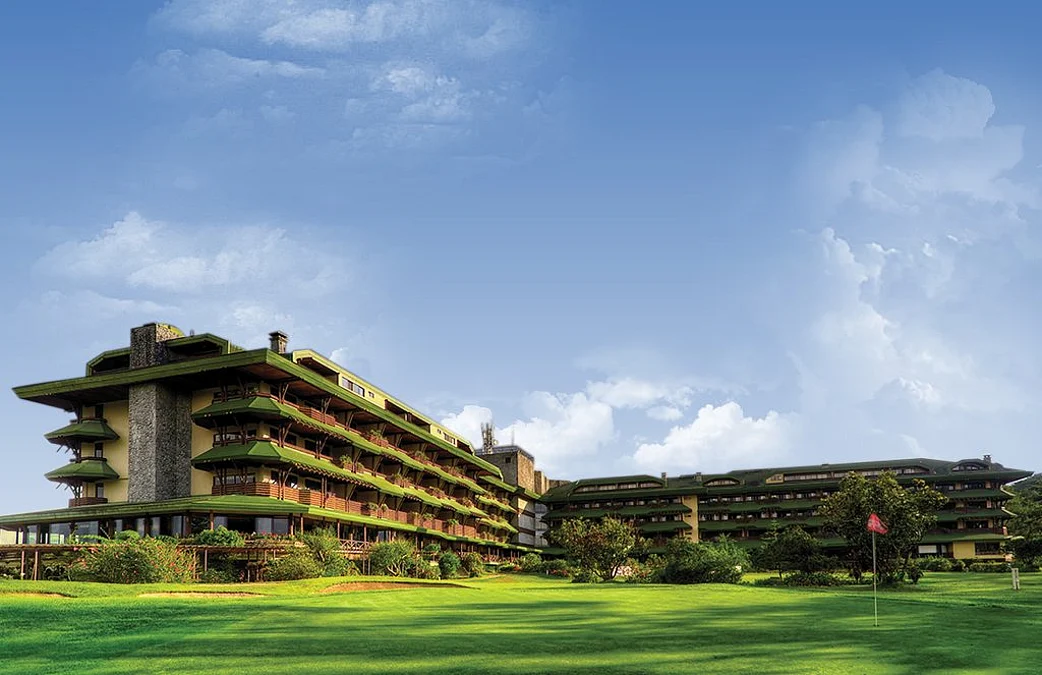By Toby Magsaysay
Copyright tribune

The Baguio Country Club (BCC), the country’s first and only internationally recognized five-star mountain resort, marks its 120th anniversary with a renewed focus on balancing heritage with modernization — underscoring its role as a benchmark for sustainable tourism and hospitality development in the region.The milestone celebration was highlighted by a free concert of world-renowned pianist Cecile Licad on Saturday, a symbolic nod to the club’s tradition of community engagement.Behind the cultural festivities, general manager Anthony de Leon pointed to the institution’s ability to adapt to shifting business and tourism landscapes as the true driver of its longevity.Collaborative effort“We’re able to sustain it no matter the challenges, including the business and tourism environment, whether local or national. It’s a collaborative effort of everyone, the different stakeholders,” De Leon told the Daily Tribune in an exclusive interview.Tourism and business leadershipDe Leon, the club’s longest-serving general manager at over 20 years, emphasized that BCC has long been a standard-setter for hospitality.“A lot of establishments, including the local government and national agencies in their respective regional offices, look up to the standards and the way we do our business here,” he said.“That’s why we’re proud to say we’re the first and only multi-awarded and internationally recognized five-star mountain resort in the country.”The club is a Hall of Famer of the ASEAN Green Hotel Award, reflecting its commitment to sustainable practices that are increasingly critical to the competitiveness of Philippine tourism.Expansion with sustainabilitySitting on a 32-hectare property, BCC has continued to reinvest in its facilities, with 15 renovation and construction projects rolled out in 2025. These include smart rooms, robotics research, and environmental initiatives such as rainwater harvesting and recycling programs.“Anything and everything we do here — whatever improvement — we make sure that even if there’s construction or renovation, we don’t cut pine trees,” De Leon said. “In fact, we always plant more than what is expected or required by the Department of Environment and Natural Resources.”



